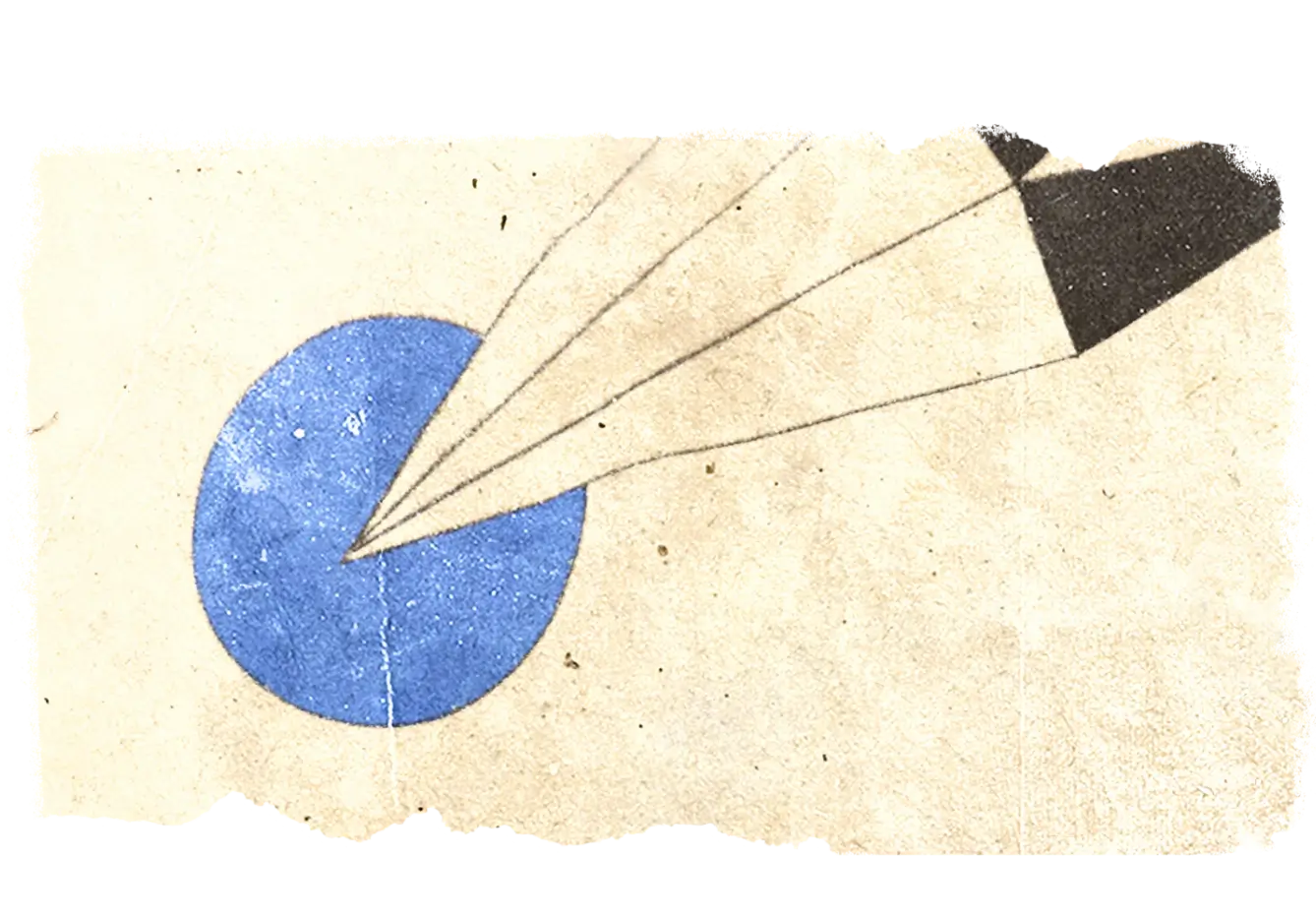Injury and violence disproportionately affect American Indian and Alaska Native (AI/AN) communities, representing leading causes of death and disability across all age groups. Challenges such as motor vehicle crashes, domestic violence, child abuse, and intimate partner violence are often compounded by historical trauma, poverty, and limited access to resources. These issues not only harm individuals but also disrupt families, weaken community structures, and exacerbate health disparities.
Preventing injuries and violence requires culturally responsive approaches, including community-driven programs, increased access to safety resources, and the integration of traditional knowledge. By addressing these critical issues, we can help reduce preventable deaths, promote healing, and build safer, healthier Tribal communities.

The crisis of Missing and Murdered Indigenous People (MMIP) profoundly impacts Tribal communities, exposing deep-rooted issues of violence, systemic inequities, and jurisdictional gaps. Native women experience disproportionately high rates of violence, with many cases of missing or murdered individuals going unsolved due to inadequate resources, legal complexities, and systemic neglect. This crisis not only devastates families but also undermines the safety and well-being of entire communities.
By raising awareness, advocating for justice, and fostering collaboration, we can honor the lives of those lost and work toward a future where Indigenous women are safe, valued, and protected.
Your donation directly supports our programs and services, providing high-quality resources and support to our community.
National Indian Health Board
50 F St NW, Suite 600
Washington, DC 20001
© 2024 National Indian Health Board
President Trump’s recent Executive Orders on federal funding could have serious implications for Tribal health. NIHB is actively advocating for Tribal Nations and providing key updates—click to learn more and access resources.